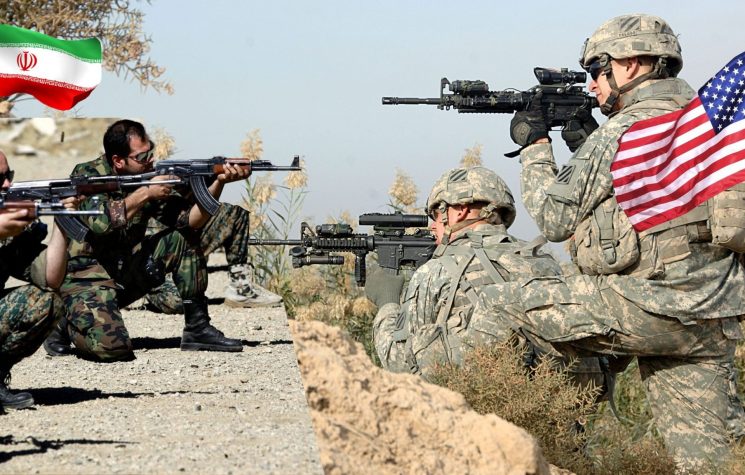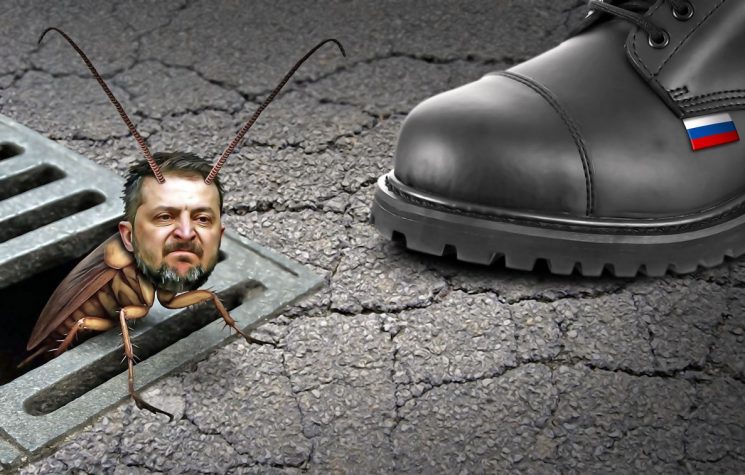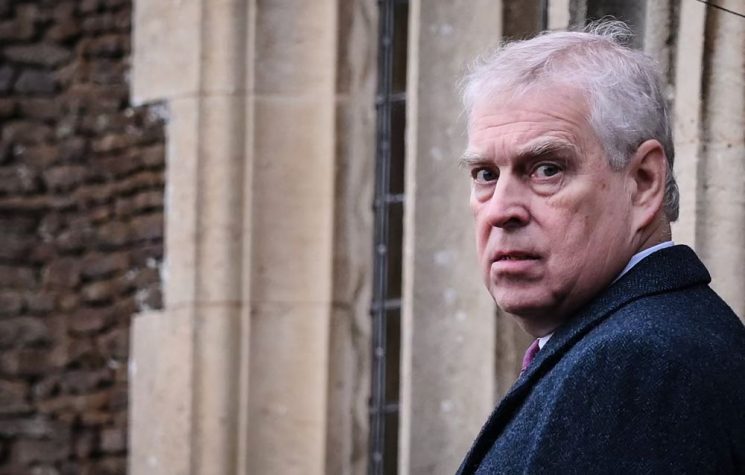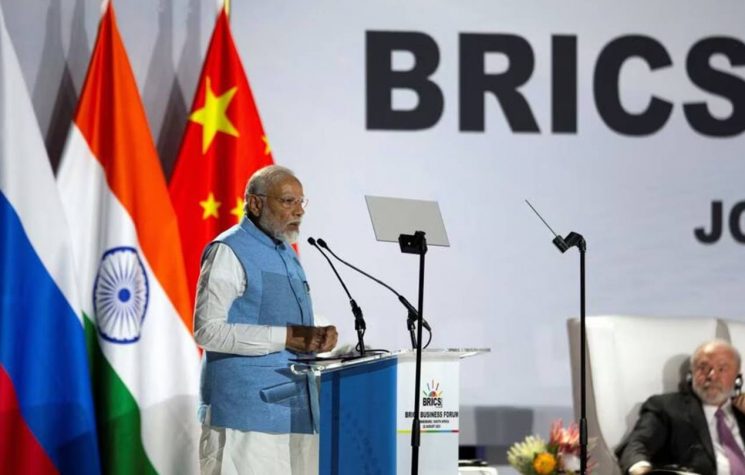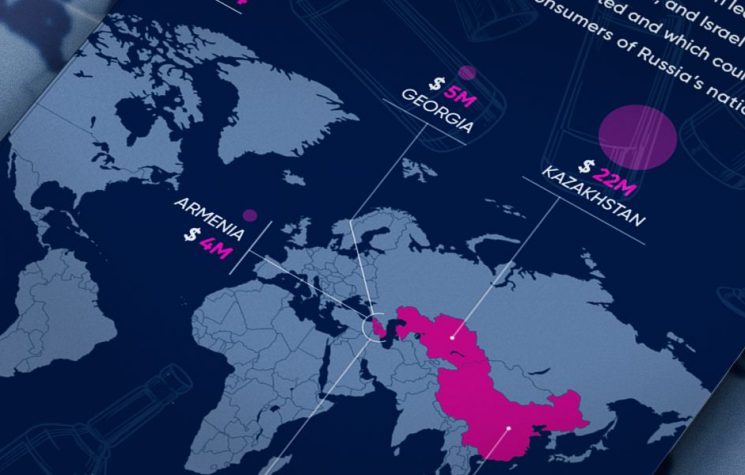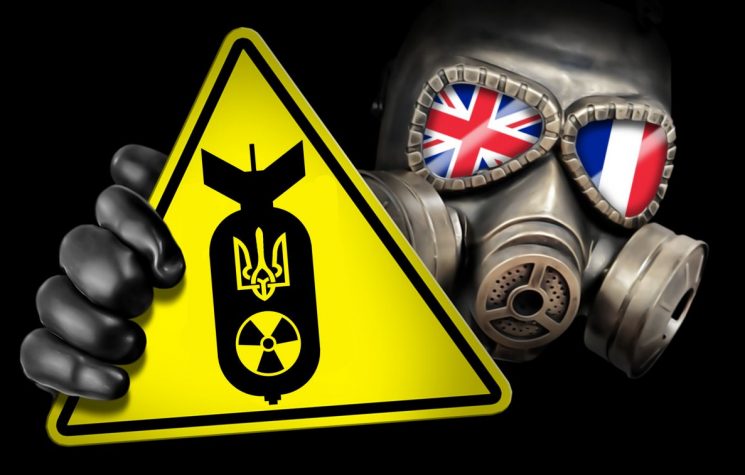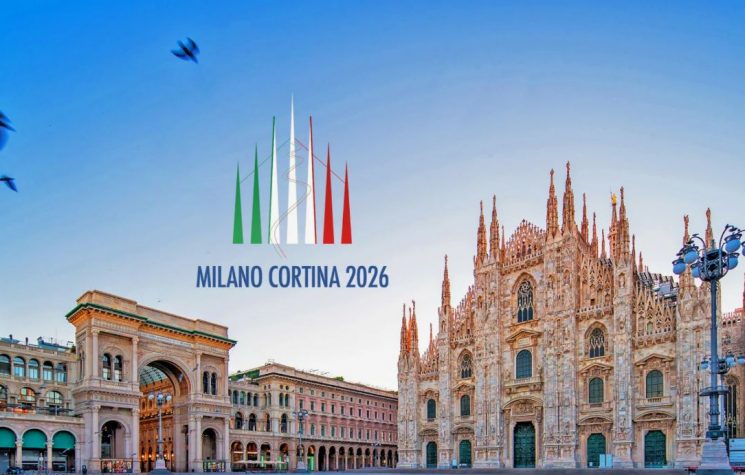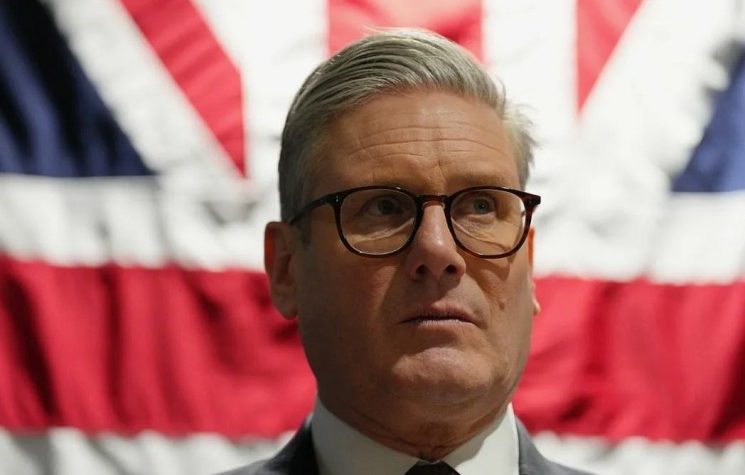Leaders of emerging countries showed consensus in advocating the creation of a polycentric global order.
Contact us: info@strategic-culture.su
You can follow Lucas on X (formerly Twitter) and Telegram.
In Kazan, delegations from leading emerging nations met to discuss global issues, sign agreements and establish strong international cooperation within the framework of the BRICS Summit. There were high expectations for this Summit and it is fair to say that almost all of them were met – if not surpassed.
As a final result of the discussions between the delegations, the BRICS published a Joint Declaration calling for the recognition of the new centers of power, an end to unilateral coercive measures and illegal sanctions, as well as progress towards de-dollarization in favor of national currencies and a fairer and more decentralized financial and monetary system.
The BRICS also stated their official position regarding the main current armed conflicts. Regarding Ukraine, the bloc is neutral, which means that all the countries in the group respect Russia’s reasons for launching its special military operation. However, regarding the conflict in the Middle East, the BRICS’ stance is incisive, with a clear condemnation of the crimes committed by the Zionist regime, in addition to a public call for respect for UN resolutions – which demand the end of the illegal occupation and the creation of a Palestinian State.
In other words, the BRICS have shown the world that they are now ready to work as a unified bloc, expressing their common views on major global issues. This represents a major step forward for all member countries of the organization, as it ensures the possibility of joint action in the face of contemporary geopolitical challenges. Of course, there are divergent individual interests, disagreements and various other problems among the BRICS members. However, the organization has proven to be mature enough to discuss and resolve its internal issues in a diplomatic context, not allowing any problem to breach the limits of the negotiations table.
There was a big issue at this Summit regarding the entry of new members. There was some disagreement among the members about the “best” candidates, in addition to an uncertain situation in the case of countries aligned with the West, such as Turkey – which applied for membership even though it is a NATO member. In the end, to solve this problem and reach a result that would please everyone, the BRICS decided to establish a new status, that of “associated partner countries”. This status grants a privileged position to the candidates, without official membership status. Thus, Algeria, Belarus, Cuba, Bolivia, Indonesia, Malaysia, Turkey, Uzbekistan, Kazakhstan, Thailand, Vietnam, Nigeria and Uganda joined the organization.
It is possible that these countries welcomed into the bloc as “associates” will become full members in the near future. There was a demand from some members for the creation of formal and bureaucratic mechanisms for entry into the BRICS, which seems to have been a key factor in encouraging the establishment of this new intermediate status. However, the main result of all this is that the BRICS are now in fact “bigger” and more powerful than before, with a much broader and more sophisticated platform for diplomacy and trade for both members and partner countries.
Of course, the Summit also had its “problems”. The main one seems to have been Brazil’s ambiguous stance, which unjustifiably vetoed Venezuela’s inclusion in the list of associated countries. Brasilia appears to be giving in too much to American political pressure, which is significantly damaging its foreign policy. However, the final outcome of the Summit was much stronger than any of these issues, and is a true milestone in the recent history of international relations.
In practice, it can be said that the Kazan Summit represented a major step for emerging countries towards multipolarity. It is not yet clear what the status of the BRICS will be in this new order. The group could be anything from a simple representation of emerging states to a “new UN”. But one thing is clear: the BRICS are today a major platform for developing states to participate in the global decision-making process. Through the BRICS, all non-Western peoples can express their opinions on major global issues, generating a serious defeat against American hegemony.











